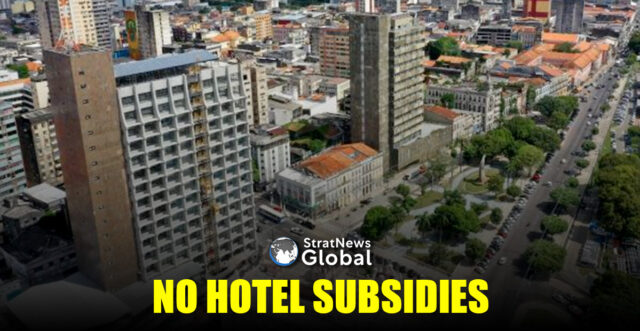Brazilian officials said on Friday that the government has dismissed a UN request to cover hotel costs for all delegates at the climate summit it will host in November, following what they described as a tense meeting with UN representatives.
They stressed that while Brazil is committed to hosting a successful summit in Belém, covering hotel costs for thousands of international participants would place an unsustainable financial burden on the state.
Brazil is working to nearly double available hotel beds and entrepreneurs have gotten creative, converting love motels and ferryboats to receive delegations.
But supply has still fallen short of demand, sending prices soaring and stoking calls to relocate the conference, known as COP30, which Brazilian officials have rejected.
During Friday’s meeting, officials linked to the Brazilian presidency said the U.N. climate secretariat, known as UNFCCC, had called for a hotel subsidy of $100 per day for delegates from developing nations and $50 for delegates from rich nations.
Significant Costs
Miriam Belchior, executive secretary to the President Luiz Inacio Lula da Silva’s chief of staff, dismissed the idea.
“The Brazilian government is already bearing significant costs for hosting the COP, so there is no way to subsidize delegations from other countries, including delegations from countries that are far richer than Brazil,” she told journalists after the meeting.
The UNFCCC did not respond immediately to a request for comment.
Belchior reiterated that changing the host city was out of the question. Instead, Brazil suggested that the U.N. should increase its $144 daily allowance for delegates from the poorest nations. But hotel rates in Belem have ranged from twice to twenty times that much.
The U.N. has resisted calls to adjust its allowances, citing the time usually required to approve such changes.
So far, 39 countries have made accommodation reservations through the official COP30 platform, while eight others have negotiated directly or through other platforms.
(With inputs from Reuters)





